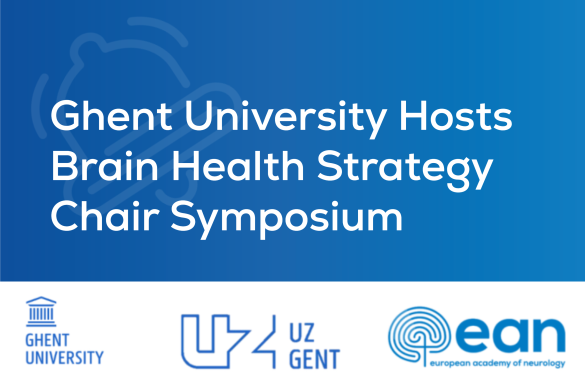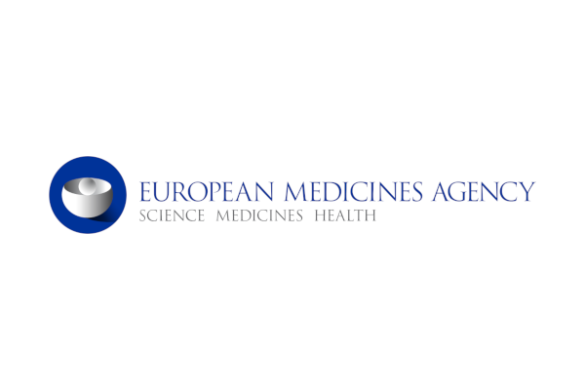by Isabella Colonna
For our July paper of the month, we have chosen Dehbi HM, Fischer U, Åsberg S, Milling TJ, Abend S, Ahmed N, Branca M, Davis LA, Engelter ST, Freemantle N, Gattringer T, Ghukasyan Lakic T, Hijazi Z, James M, Koga M, Lawrence P, Lemmens R, Lip GYH, Massingham S, Nash PS, Ndoutoumou A, Norrving B, Salanti G, Sprigg N, Thomalla G, Vanniyasingam T, Wester P, Warach SJ, Oldgren J, Dawson J, Werring DJ. Collaboration on the optimal timing of anticoagulation after ischaemic stroke and atrial fibrillation: a systematic review and prospective individual participant data meta-analysis of randomised controlled trials (CATALYST). Lancet. 2025 Jul 5;406(10498):43-51. doi: 10.1016/S0140-6736(25)00439-8. Epub 2025 Jun 23. PMID: 40570866.
Approximately 20–30% of ischaemic strokes are attributable to atrial fibrillation. While direct oral anticoagulants (DOACs) have demonstrated high efficacy in long-term secondary stroke prevention and are associated with a lower risk of intracranial haemorrhage compared to vitamin K antagonists, the optimal timing for initiating DOAC therapy following acute ischaemic stroke remains uncertain.
This study presents the findings of a systematic review and a collaborative individual patient data meta-analysis of clinical trials involving patients with acute ischaemic stroke and atrial fibrillation, who were treated with either early (≤4 days) or delayed (≥5 days) initiation of DOACs at approved dosages. The primary endpoint was a composite of recurrent ischaemic stroke, symptomatic intracerebral haemorrhage, or unclassified stroke within 30 days of initiation.
Four randomised controlled trials met the inclusion criteria (TIMING, ELAN, OPTIMAS, and START), encompassing a total of 5,441 patients—2,691 in the early initiation group and 2,750 in the delayed group. The primary composite outcome occurred in 2.1% of patients receiving early DOAC initiation and in 3.0% of those with delayed initiation (p = 0.039). Early DOAC initiation was associated with a statistically significant reduction in recurrent ischaemic stroke, without an observed increase in the risk of symptomatic intracerebral or major extracranial haemorrhage.
In conclusion, this large collaborative meta-analysis of individual patient data supports the safety and efficacy of early DOAC initiation (≤4 days) in patients with acute ischaemic stroke and atrial fibrillation. Nevertheless, it is important to acknowledge that patients with very severe strokes and those with extensive space-occupying haemorrhagic transformation were underrepresented in the analysed trials. Therefore, in such cases, clinical decision-making should be individualised.














